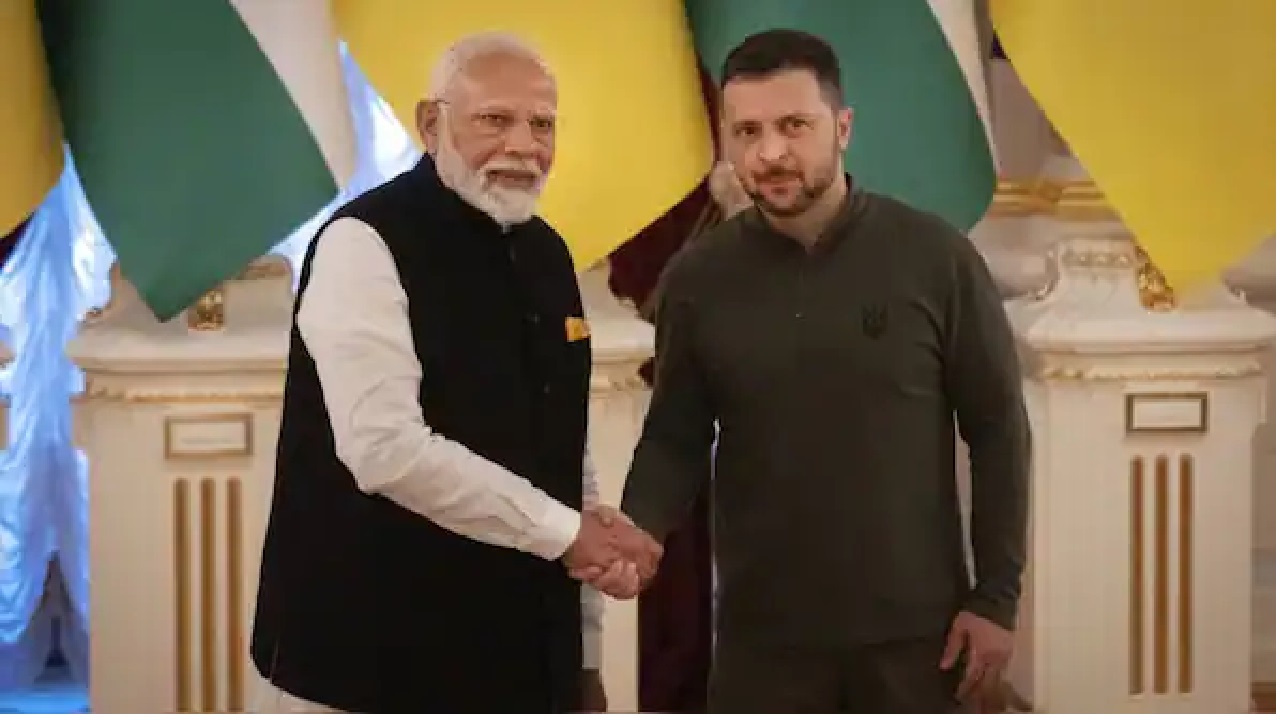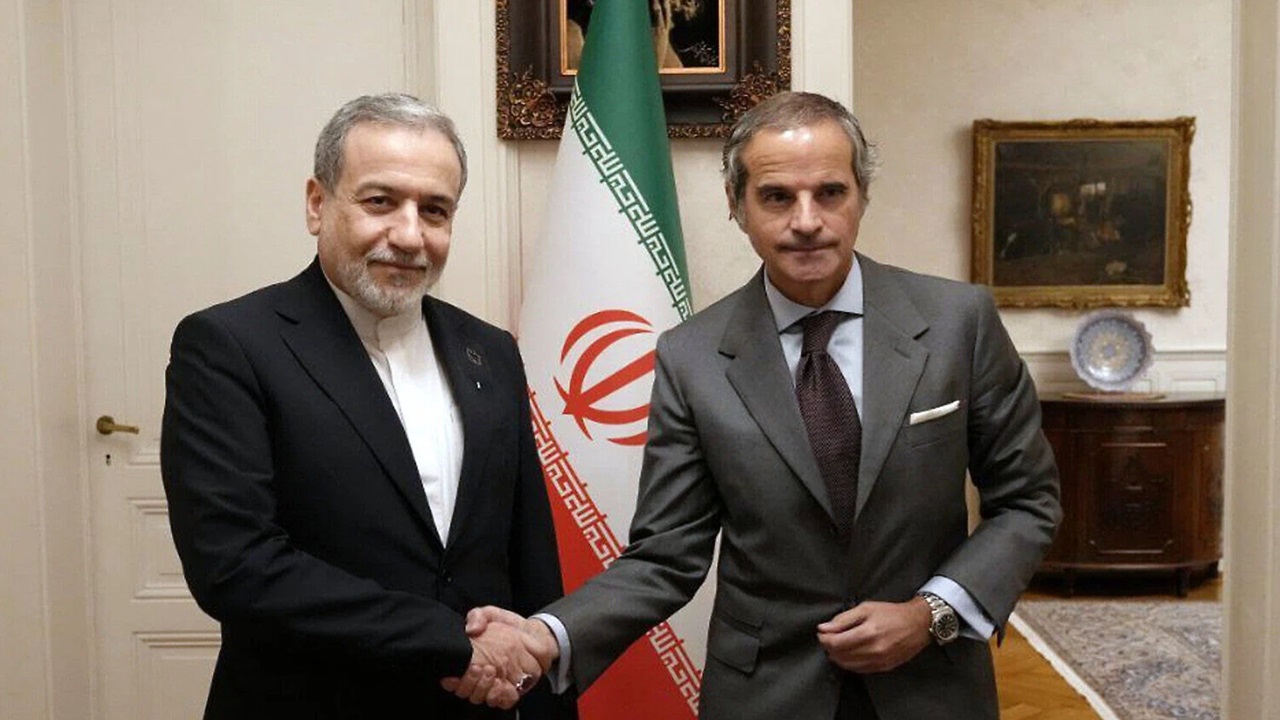Historic First Visit
Prime Minister Narendra Modi’s visit to Ukraine, marking the first by an Indian leader since Ukraine’s independence in 1991, has drawn significant attention from international media. The global coverage of his meeting with Ukrainian President Volodymyr Zelensky largely views the visit as a positive diplomatic step, reflecting India’s complex balancing act between its longstanding relationship with Russia and its calls for peace.
The New York Times: Navigating a Delicate Diplomatic Path
The New York Times highlighted Modi’s careful management of India’s relations with both Russia and Ukraine. The publication noted that while India has maintained strong trade ties with Russia, including a recent embrace of President Putin, it also participated in a Ukrainian-organized peace summit in June. However, India refrained from signing the summit’s communique, signaling its nuanced approach to the conflict. This stance underscores India’s efforts to maintain a strategic balance without alienating either side.
BBC: India’s Ambiguous Position on the War
The BBC’s coverage emphasized India’s complex position in the ongoing conflict. While PM Modi asserted that India has consistently advocated for peace, the broadcaster pointed out that India has never condemned Russia’s full-scale invasion of Ukraine. Instead, India’s actions, such as overtaking China as the largest importer of Russian oil amidst Western sanctions, suggest a pragmatic approach that aligns with its national interests, even as it seeks to project a message of neutrality.
The Guardian: Strained Relations and Symbolic Gestures
The Guardian focused on the historical significance of Modi’s visit against the backdrop of strained India-Ukraine relations. The publication noted that Zelensky criticized Modi’s recent trip to Moscow, which coincided with a devastating Russian missile strike on a children’s hospital in Kyiv. This tension highlights the challenges Modi faces in balancing India’s strategic partnerships while navigating the moral complexities of the conflict.
Nikkei Asia: A Diplomatic Tightrope
Nikkei Asia discussed India’s refusal to explicitly condemn Russia, a traditional ally and major arms supplier, despite Western pressure. The outlet noted that while India has consistently called for resolving the conflict through dialogue and diplomacy, it has also continued to engage in significant trade with Moscow, particularly in purchasing discounted Russian oil. This pragmatic stance reflects India’s broader foreign policy strategy of maintaining strategic autonomy in its international relations.
Le Monde: A Historic Moment Without a Breakthrough
French newspaper Le Monde described Zelensky’s characterization of Modi’s visit as a “historic moment,” yet observed that no significant breakthroughs were achieved. Indian Foreign Minister Subrahmanyam Jaishankar later acknowledged the complexity of the issue, reiterating India’s belief that any peace efforts must involve Moscow. This sentiment reflects India’s ongoing diplomatic balancing act, where it seeks to engage with both sides while advocating for a peaceful resolution.
In summary, PM Modi’s visit to Ukraine has been portrayed by international media as a significant, yet complex, diplomatic move. The coverage underscores India’s delicate balancing act in maintaining its historical ties with Russia while advocating for peace in Ukraine.
(With inputs from agencies)








